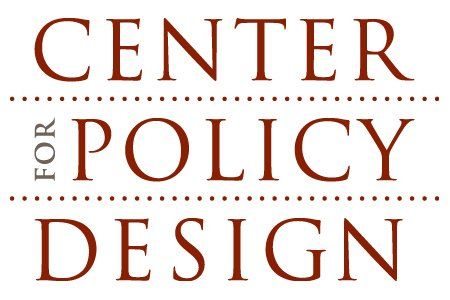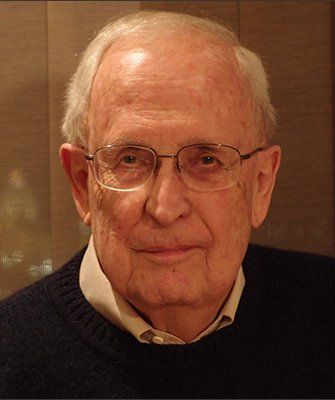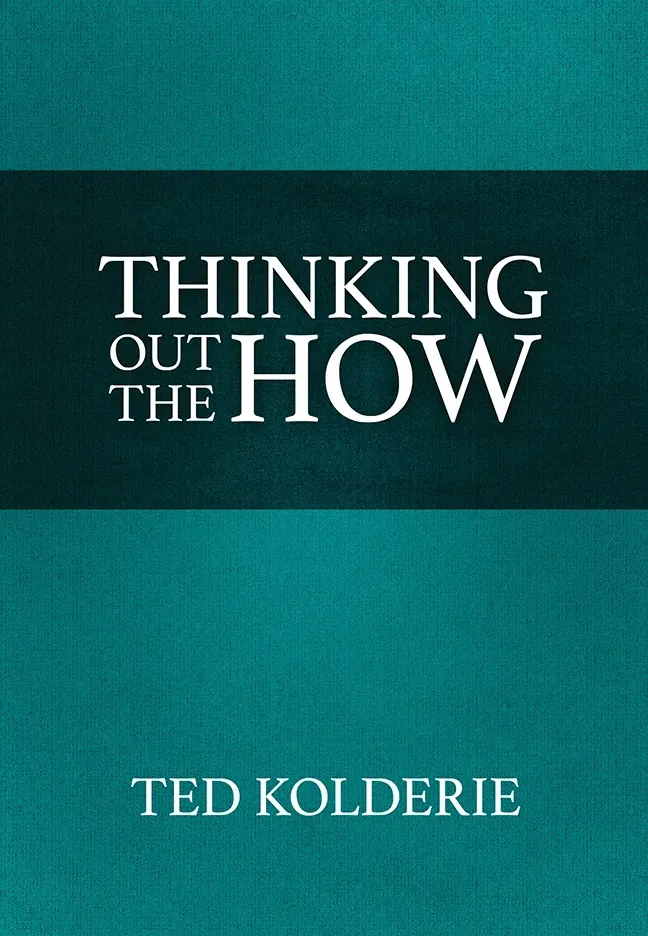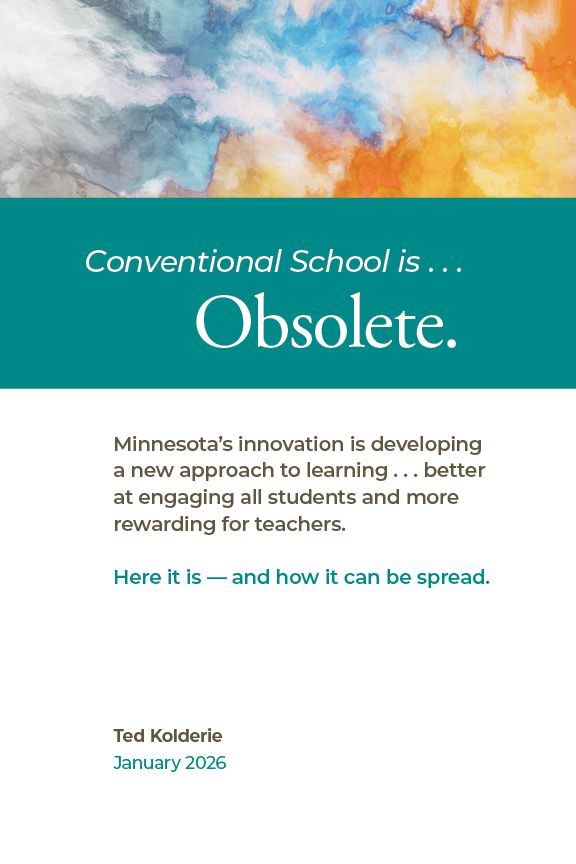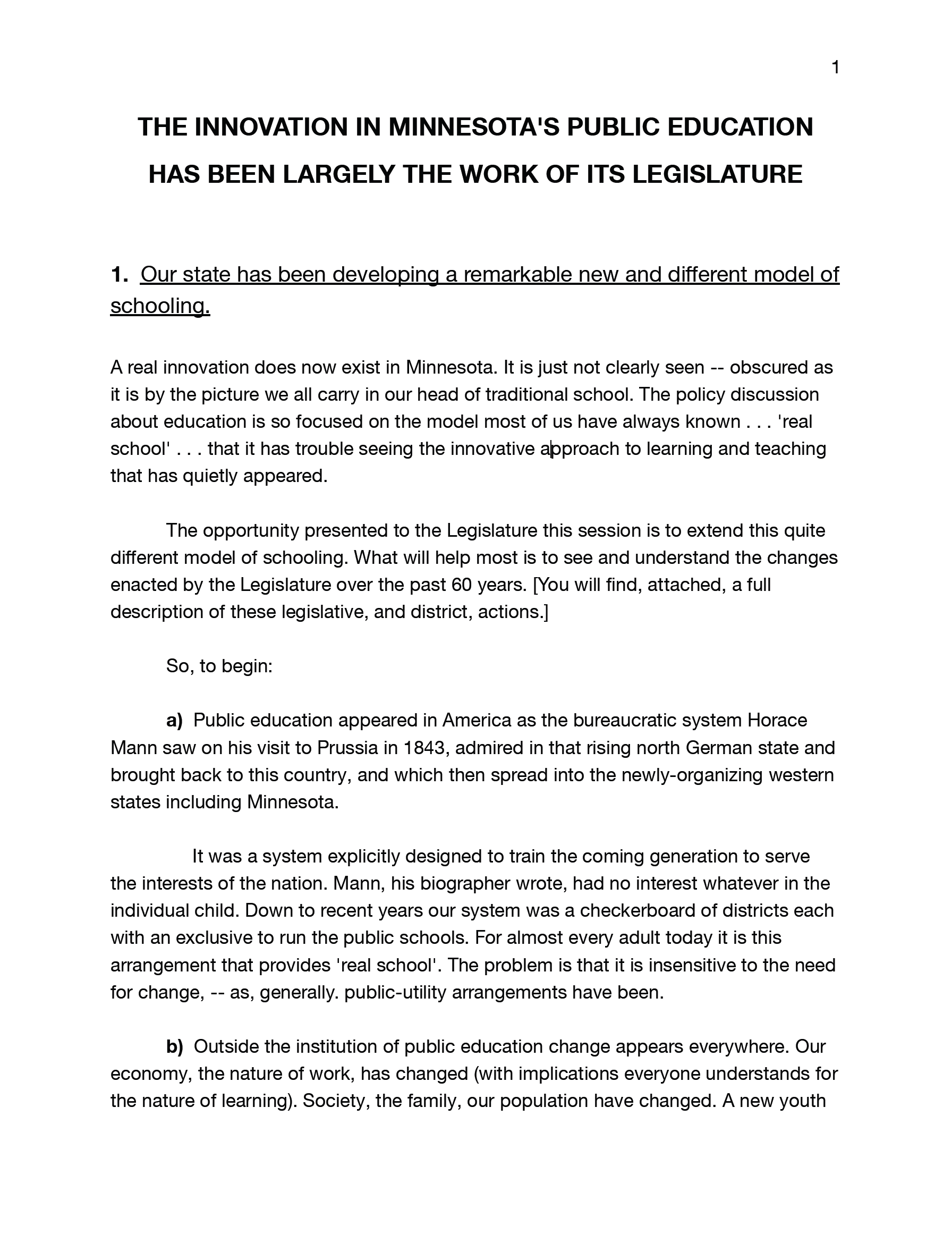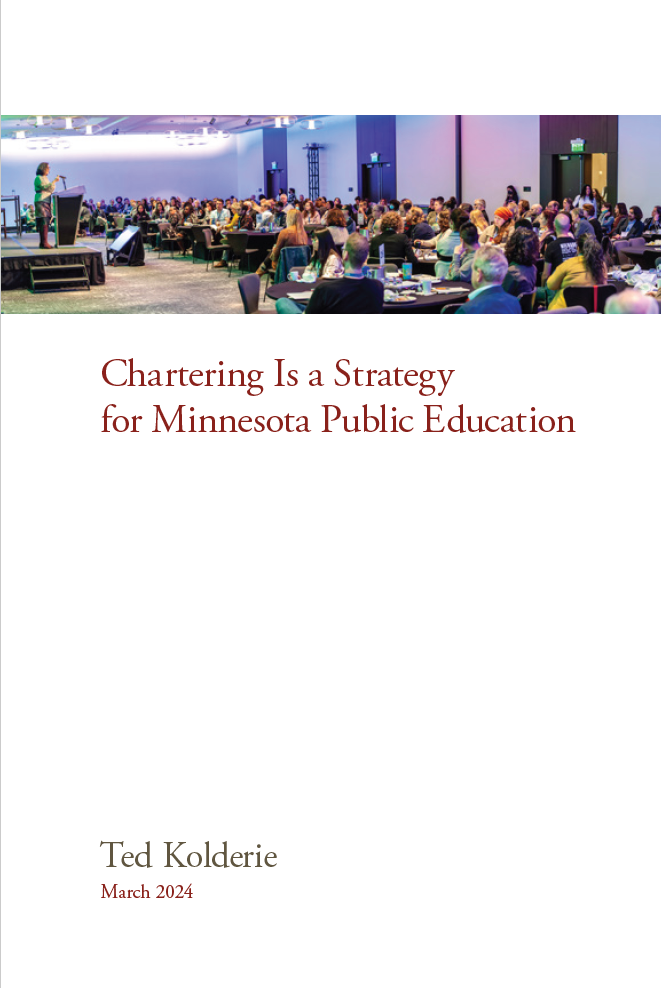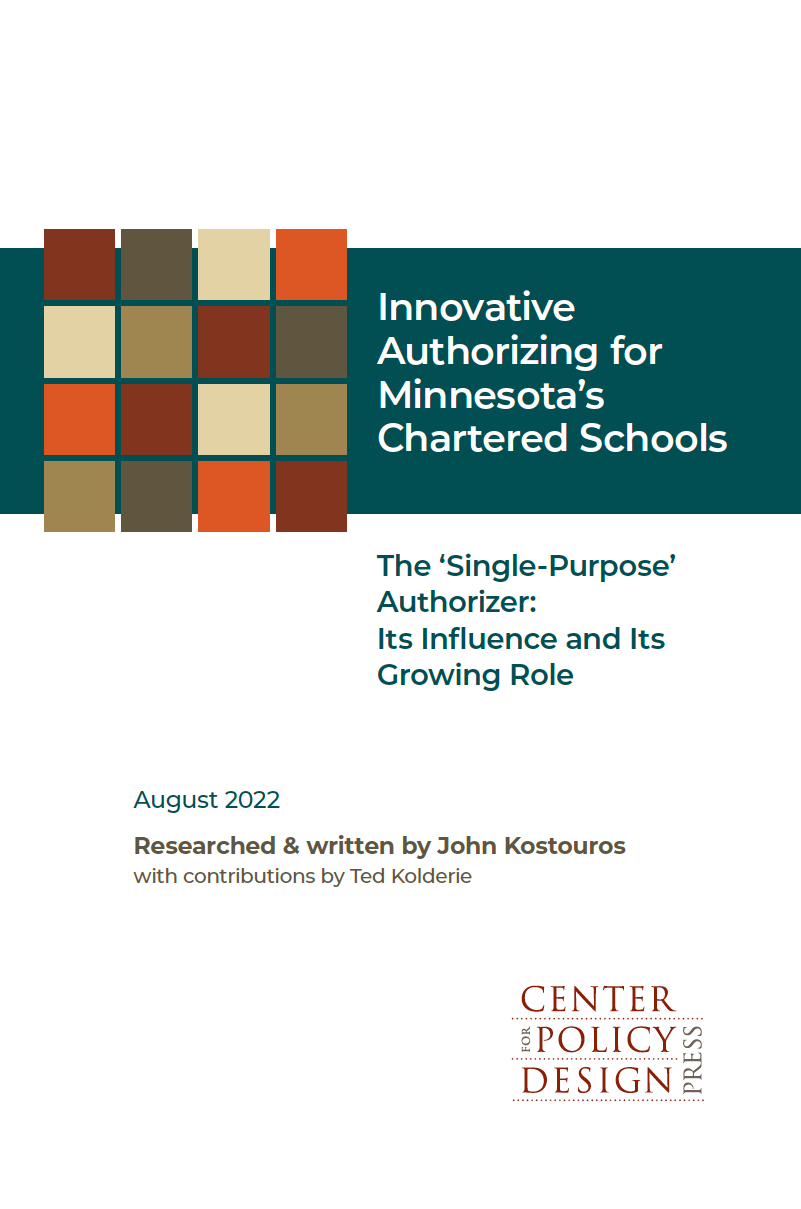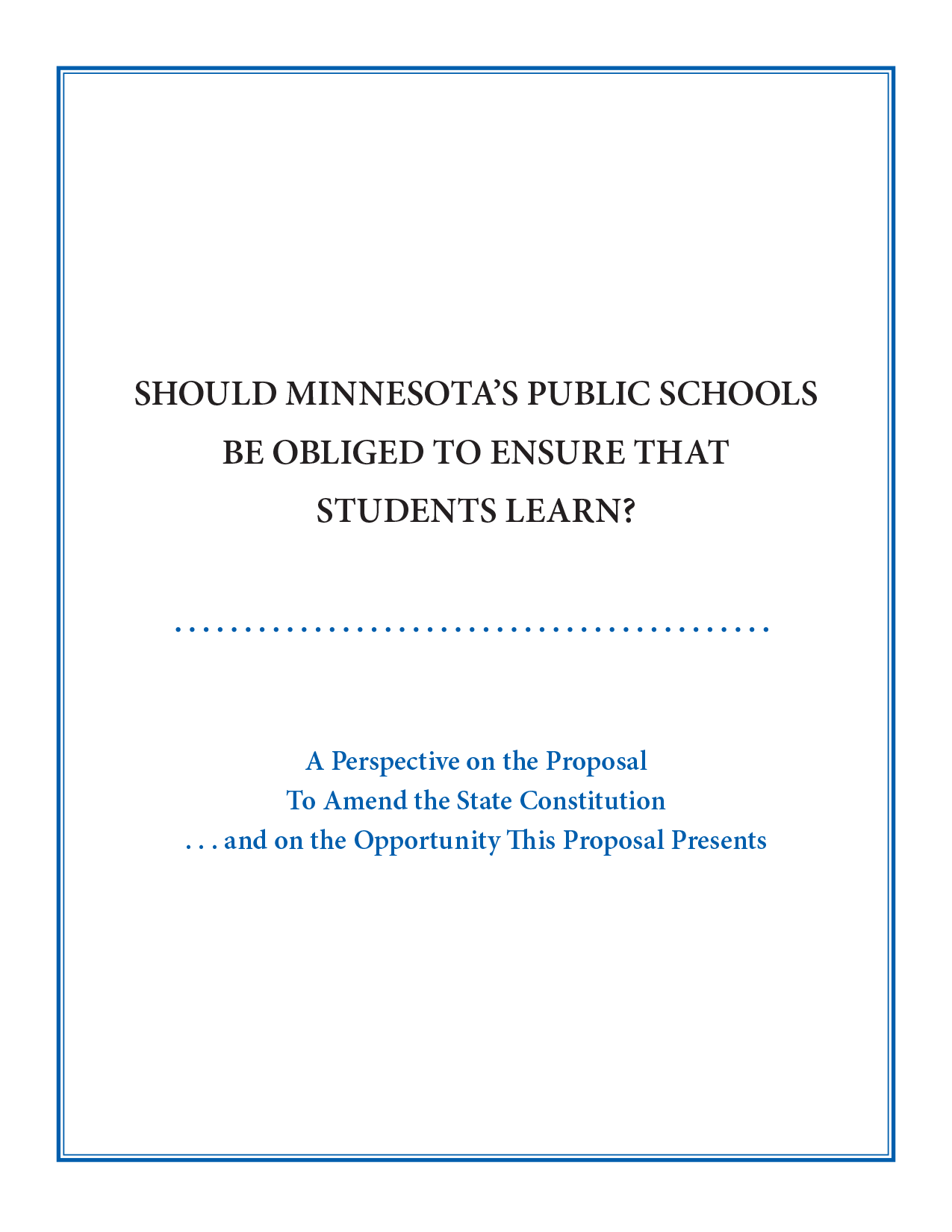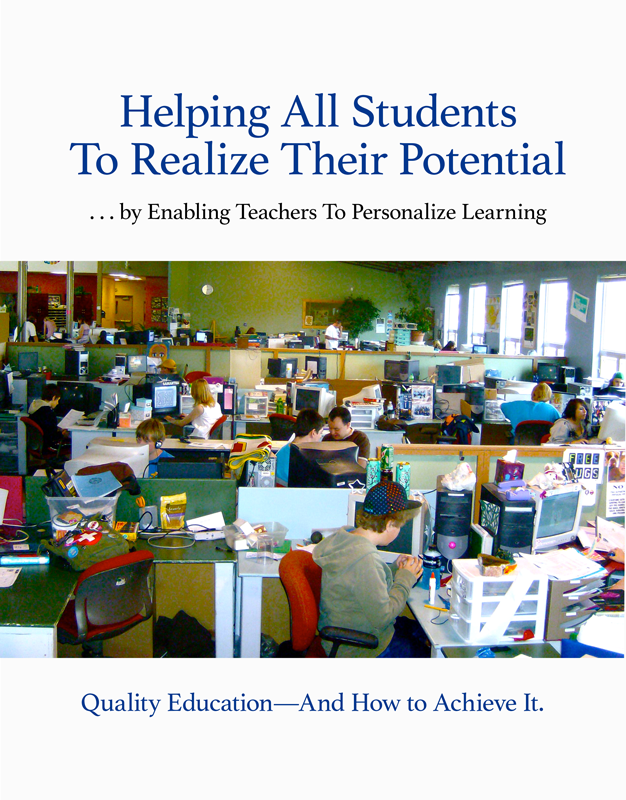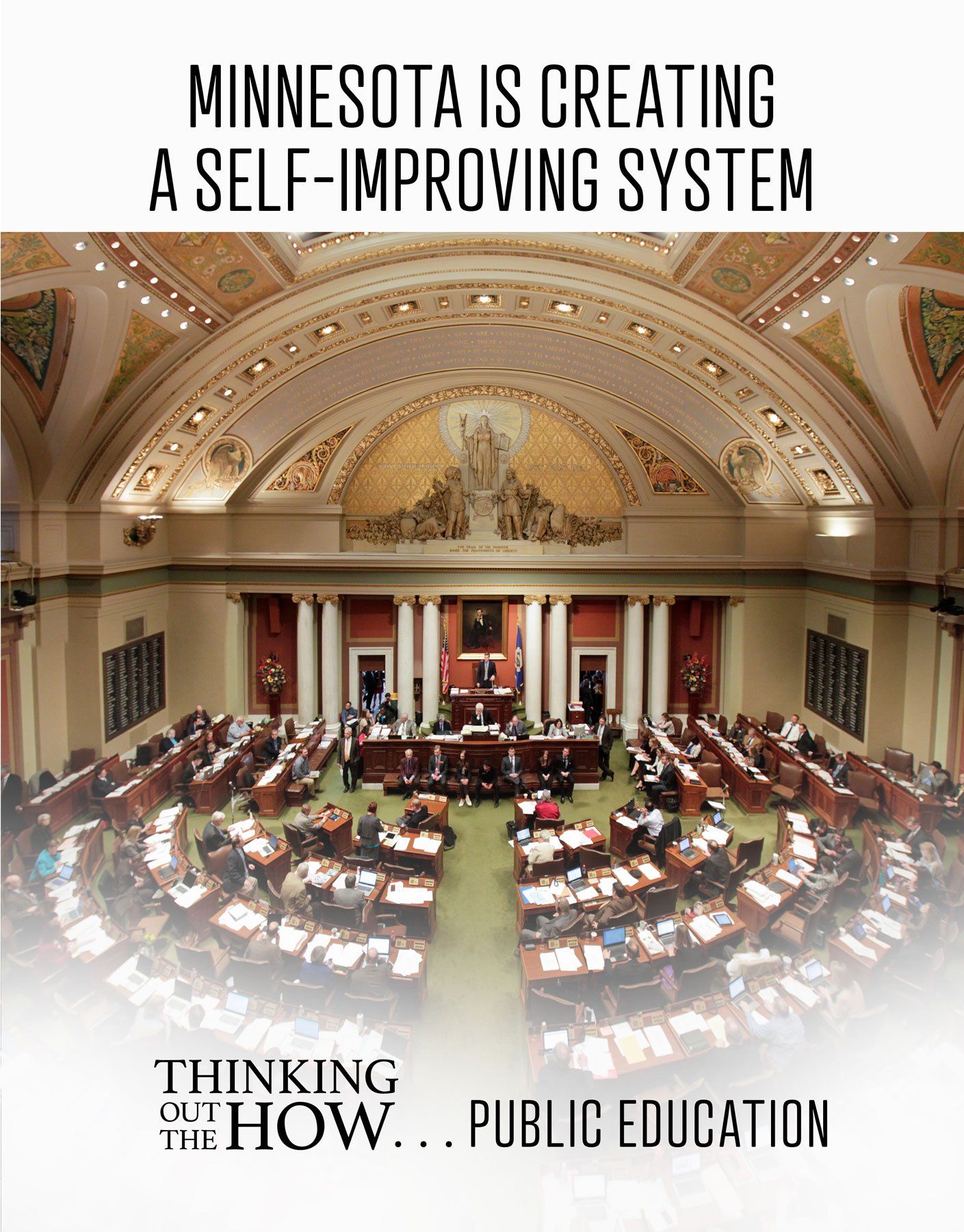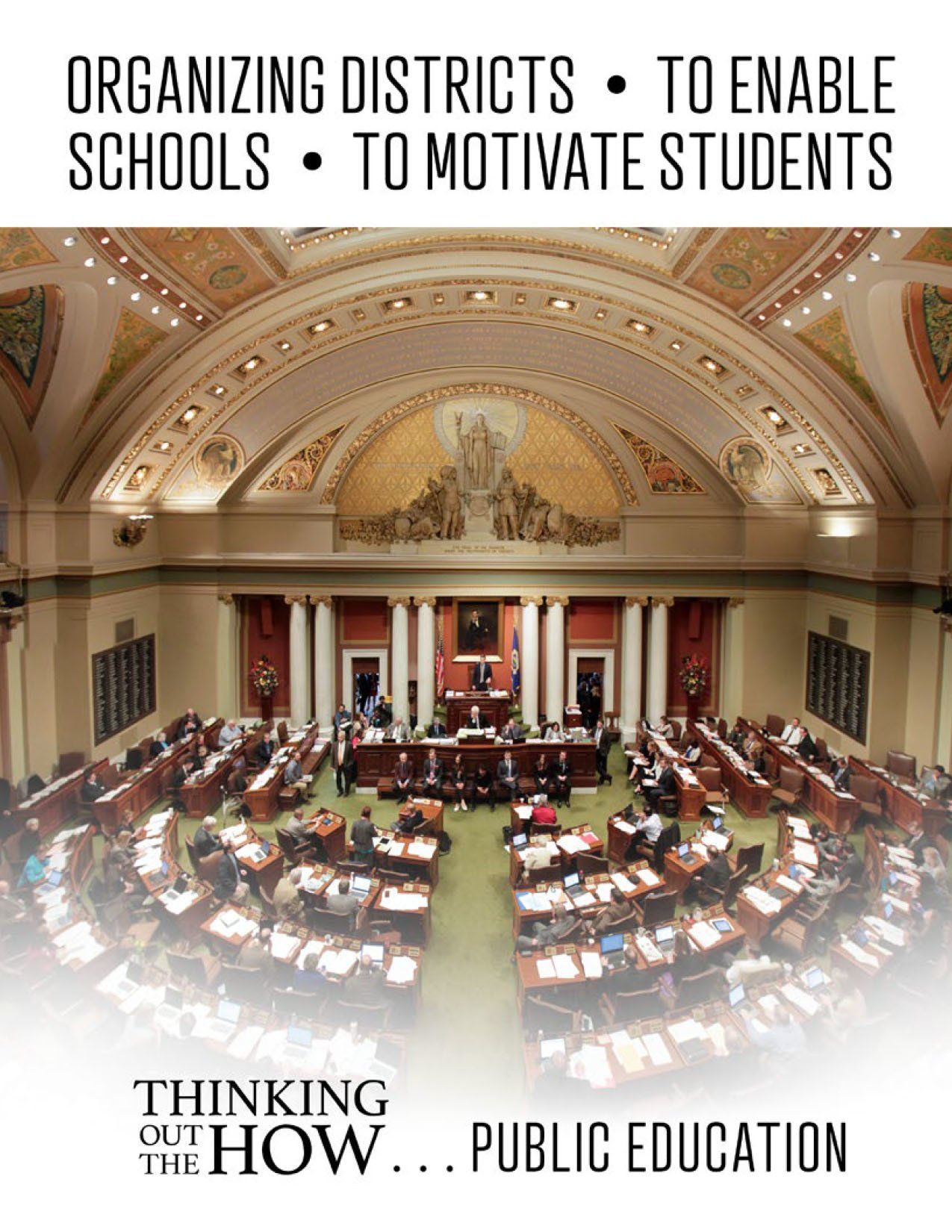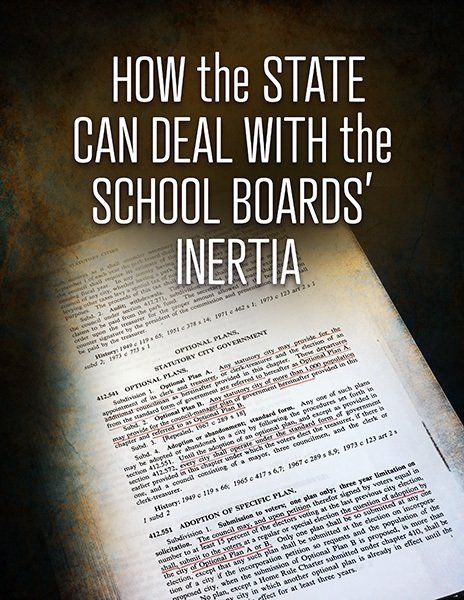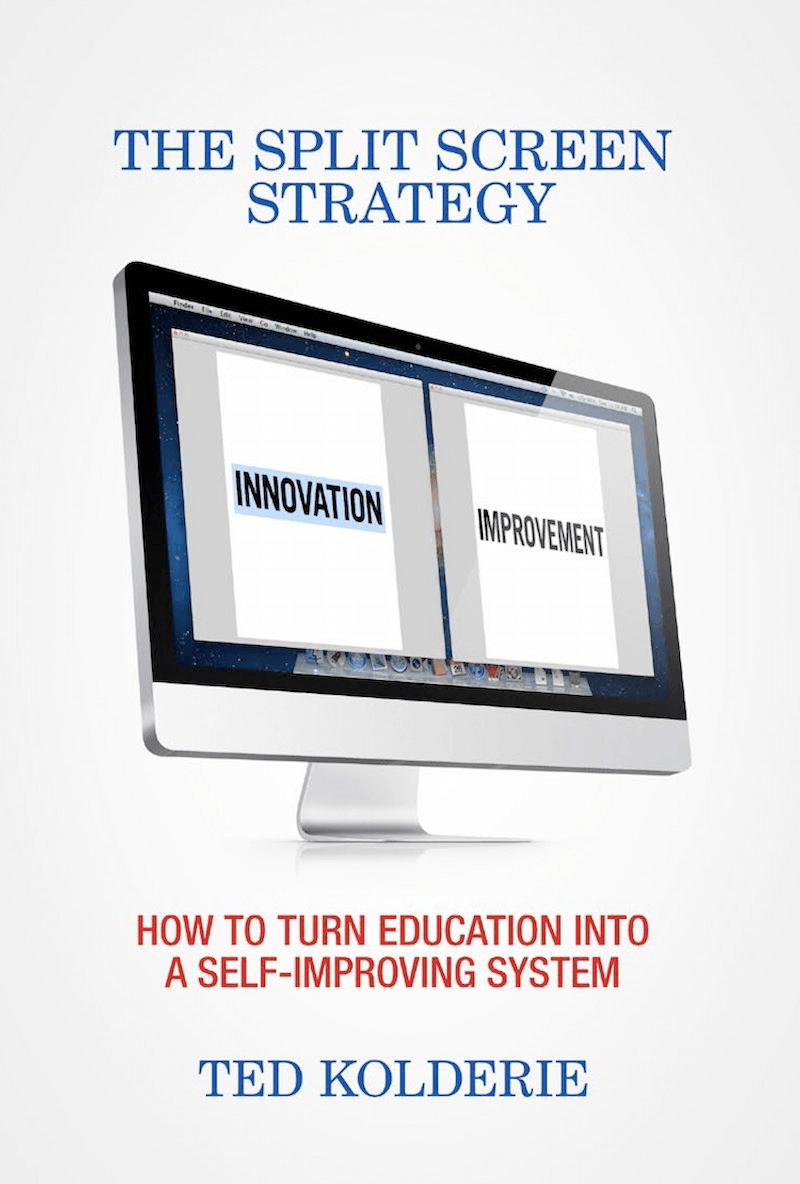Ted Kolderie has worked on system questions and with legislative policy in different areas of public life: urban and metropolitan affairs and public finance through the 1960s and '70s. He began working in the 1970s with questions about the redesign of the operating side of the public sector; with the Public Service Options project. He was involved nationally on these questions with the Rand Corporation, SRI International, the Urban Institute and others.
During the 1980s he ran the Public Services Redesign Project while at the University of Minnesota school of public affairs. By the mid-1980s the work had come to focus on the redesign of K-12 public education; system and schools. Since 2009 he has again been closely involved with the broader questions about the redesign of major public systems; governmental and non-governmental.
A graduate of Carleton College and of the Woodrow Wilson School of Public Affairs at Princeton University, Ted was previously a reporter and editorial writer for the Minneapolis Star and Tribune, executive director of the Citizens League and a senior fellow at the University of Minnesota’s Hubert H. Humphrey School of Public Affairs.
